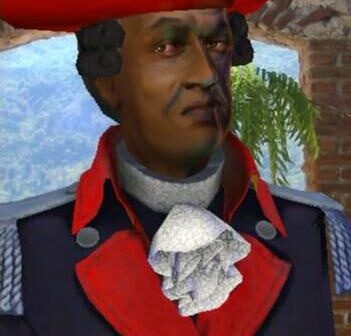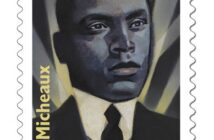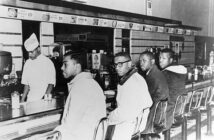
May 20, 1743 Francois-Dominique Toussaint L’Ouverture, Haitian patriot and revolutionary leader, was born enslaved in Saint-Domingue, Hispaniola (now Haiti). At an early age, Toussaint’s master recognized his superior intelligence and taught him French, gave him duties which allowed him to educate himself, and freed him at age 33.
Beginning in 1791, Toussaint led enslaved Blacks in a long struggle for independence from French colonizers, to abolish slavery, and secure native control over the colony. By 1796, Toussaint was the dominant figure in Haiti and tried to rebuild the collapsed economy and reestablish commercial contacts with the United States and Britain. However, in 1802 he was kidnapped by the French and died in a French prison on April 7, 1803.
Toussaint figures importantly in the early 19th century writings of several authors as a symbol and exemplar of resistance to slavery and as an example of the potential of the Black race. He also inspired a number of 20th century works, including Leslie Pinckey Hill’s “Toussaint L’Ouverture: A Dramatic History” (1928), Arna Bontemps’ “Drums at Dusk” (1939), and Aimé Césaire’s “Toussaint Louverture” (1960).
Toussaint’s name is enshrined in the Ring of Genealogy at the Charles H. Wright Museum of African American History in Detroit, Michigan.




